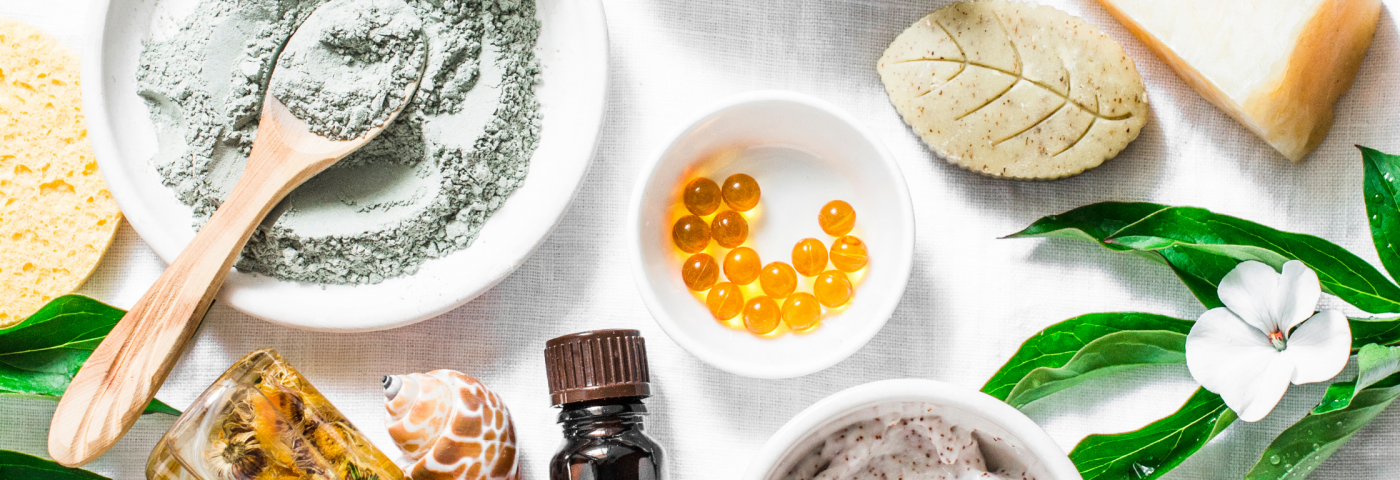We write this column after the in-cosmetics show in Paris, where definitely one of the big trends we saw is upcycling, including the innovation awards that were given to companies that presented innovation in ingredients under this concept. We are facing a boom of excipients, active ingredients, fragrances and different technology that is obtained through upcycling processes. In fact, in a recent publication from March, Vogue magazine indicates that this is the biggest trend right now and is all the rage in different categories, from fashion to cosmetics.
The global market for waste recycling services was worth close to U$ 55.1 billion and was estimated at U$ 57.6 billion in 2021. The market is expected to grow considerably in the coming years as awareness of consumers increases about the environmental impacts of waste. By 2028, the global waste recycling services market is forecast to have reached a value of almost US $90 billion, with a CAGR of 4.8 in the period 2021 to 2030. Without a doubt, a very attractive market for the cosmetic industry.
In haute couture, this trend is inspiring innovation, for example, Vogue cites that Dutch designer Ronald van der Kemp was one of the first to use reused fabrics and materials, and all of his collections incorporated upcycling. He innovated in the selection of vintage elements to embellish and exalt them, inspiring other designers to rethink their creative process as well. In cosmetics we see how this trend plays a very important role in categories such as skin care, personal care, makeup and fragrances, both in prestige and mass segments.
Statistics indicate that 14% of all food in the world is wasted each year, which is equivalent to 1.3 billion tons. Sometimes the reason for this rejection may be that the products do not meet quality standards or are unsuitable for sale in supermarkets. This is undoubtedly a valuable source of ingredients for cosmetics and therefore we are going to see a boom in the following years for new products with novel biochemical mechanisms and very interesting properties that come from all the upcycling processes.
Given that the objective of the upcycling process is not to close the life cycle of products prematurely, contributing sustainability to the production processes, we see proposals on the market that use different fruit seeds, fruit pulp, coffee and derivatives and waste from the perfumery and rice industry as new source of ingredients.
A very interesting example that we find on the web is the Kadalys brand, which is based in Martinique. The data indicates that approximately 20% of the world’s banana production is wasted due to damage and imperfections, indicating that approximately 24 million tons of bananas go directly to the garbage. This brand is using the pulp and shell of these materials to obtain active ingredients rich in nutrients for skin care.
Another disruptive example is personal care brand Eos, which launched the Pubes for the Planet initiative, stating that your pubic hair can help save the planet. The brand wants its customers to understand that this waste can be used as a renewable solution to slow down soil erosion. In the initiative, people are asked to donate their pubic hair to support the Matter of Trust (MOT), a renewable resource non-profit organization that specializes in repurposing discarded hair. Eos will send consumers who sign up to a dedicated microsite a free “pub collection bag” with a pre-labeled return envelope addressed to its “Pub Park” at MOT headquarters in San Francisco, along with a travel size shaving cream. MOT will use the hair to create products that combat soil erosion.
The circular economy is also a trending concept, it consists of a production and consumption model that involves sharing, renting, reusing, repairing, renewing and recycling existing materials and products for as long as possible. It aims to address global challenges such as climate change, biodiversity loss, waste management and pollution. It is defined in contrast to the traditional linear economy.
In a February 2022 publication, the personalcareinsights.com portal indicates that ingredients obtained by upcycling can become the next “cosmetic industry standard”. Pro-zero waste is the new black.
The publication also emphasizes the challenges that the industry must face in this trend. In this sense, quality and efficacy are the most important drivers, since the added value for the consumer must be evidenced thanks to new efficacy tests and the discovery of new biochemical pathways that explain its benefits. Another challenge is to be able to quantify and demonstrate the positive environmental impact of recycled ingredients. Green chemistry and renewable energy are therefore presented as important drivers of innovation in the cosmetic and beauty industry for the coming years.
What are the next concepts and terms that we will see trending? These will be new materials developed under the Pro-Zero concept, new advances in green chemistry, pollution reduction, water less, byproducts inspiration and upcycling biochemistry.
Enjoyed this article? Get more by subscribing to our newsletter!
Feeling inspired to see ingredients and trends in action?
Then why not visit one of the in-cosmetics events around the world?

